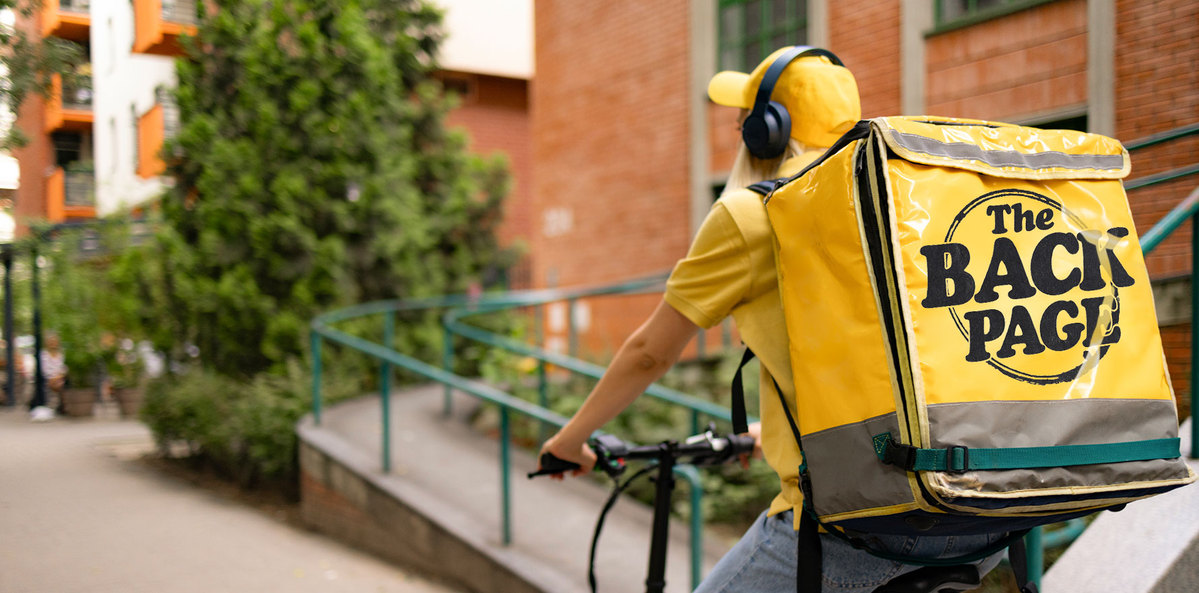Old-school sustenance shopping has its advantages after all.
Your Back Page scribbler is smugly happy to admit his phone is a food-delivery-app-free zone.
In fact, to best of his fuzzy recollection, he’s never even had a pizza delivered to the door via the old-school landline.
The closest the household has ever come to food delivery was when as empty-nesters the spouse and I contracted covid and prevailed upon the adult offspring to drop off much-needed sustenance (a six-pack of beer and some grocery basics) during our week’s isolation.
We’ve always believed our luddism was primarily down to a tightarse reluctance to fork out delivery fees for foodstuffs, but it turns out it could say more about our social position than our intransigent frugality.
According to British research published this week in the journal BMJ Public Health, folks who are in lower income brackets and lower “social positions” are more than twice as likely to use food apps as those who are wealthier and hold higher-status jobs.
In this particular study, undertaken in February 2019 (a time uncontaminated by covid), a team of researchers looked at food and drink purchase records of more than 1500 households in London and the north of England and collected data on the participants’ social status, income levels and BMI.
Social position was characterised as both household income and the social grade of the household main food shopper’s job role and was classified as: high; middle-high; middle-low; and low.
Apart from food app use, the study also found that lower-status households were 85% more likely to be living with obesity and 45% more likely to be overweight compared with non-app users.
In contrast, the purchase of food and groceries online was twice as popular in affluent households than in less well-off households.
It’s worth mentioning at this point that the study was observational only and cannot establish cause and effect, however the UK boffins do point out that similar research in Australia also noted associations between delivery app use and weight status.
And while this study didn’t scrutinise the content of the food and meals ordered online or by app, the researchers said previously published research suggested food delivery app use was associated with lower dietary quality.
“Potentially, grocery purchasing may predominantly depend on financial resources, while takeaway purchasing may be linked to culture and social group,” the authors wrote.
Digital food delivery apps might also make it easier to make unhealthy food choices, they said, adding: “The differential use of online food delivery services may exacerbate dietary inequalities and warrants further research.”
So we guess the key takeaway is that being a skinflint not only saves the pennies, it also sheds the pounds.
Send penny@medicalrepublic.com.au wholesome story tips.


